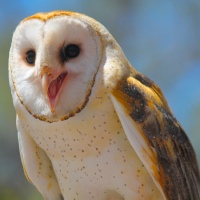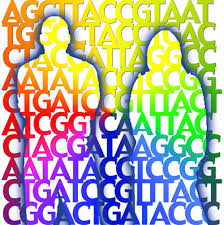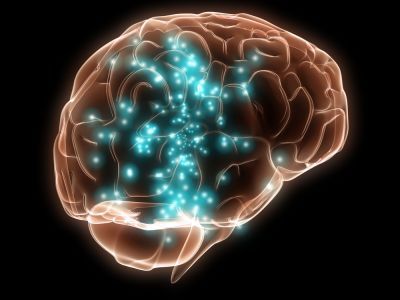




Through out the animal kingdom, there are many different examples of animals which have multiple partners.
In some senesce, having multiple partners means more offspring and more variation.
Variation in terms of genetics is good. It can sometimes lead to positive changes and make an animal more adaptive.

Genetics of Cheating
However, some animals find a partner and stay with this partner for life. Meaning they are Monogamous.
Wolves
Swans
Barn owls
Red-
From an evolutionary point of view, this makes sense. While one partner takes care of the off spring, the other can gather food, hunt and offer protection.




Your genetics, codes for a lot of who you are. Genes can determine your physical characteristics, development of specific genetic disorders and personality traits.
Scientists have found a gene which is raises the odds of cheating in a relationship.
When an individual with this gene cheats on their partner, they get the same chemical rush as a gambler who one, or an alcoholic having a drink.
The Genes are called DRD2 and DRD4 and regulates the levels of dopamine in the brain. Dopamine is a neurotransmitter, released during times of pleasure and excitement.
Having the variant copy of these genes, doesn't mean you will always cheat. A study conducted, showed that only 50% of the people with this variation, actually cheated.
While 22% with out the variation cheated on their partners.
Past research has also linked the DRD2 gene to addictive and abusive behaviours.
Alcohol abuse, drug abuse, smoking and overeating are all linked to a variation of the DRD2 gene. So, what does this DRD2 gene actually do to the brain?
The variant of the gene, causes your body to express fewer dopamine receptors in the brain. This means you have to over compensate or overindulge on stimulus to get a response.
Constant ‘overindulging’ an eventually cause your neurons to become insensitive to the stimulus, meaning you need more to get the same response.
A recent study conducted genetic screening on 119 males for the variant copies of the DRD2 and DRD4 gene, as well as a standardised personality assessment questionnaire.
A correlation between a pattern of ‘novelty seeking’ behaviour (such as, impulsivity, extravagance, disorderliness and excitability) and the DRD2 and DRD4 variants was found.
However, Professor Noble Pike, of Alcohol Studies and a professor of psychiatry and bio behavioural sciences at UCLA stated that “Despite the considerable evidence supporting the role of the dopamine receptor genes to pleasure and thrill-
About half of an individual's personality relates to genetics and half to environment including upbringing, education and the influence of role models. But clearly, the genes we are born with are just as important as the lessons our parents teach us.” Noble Pike.
That being said, the environment does play a big part in wether we develop drug habits, alcoholism, undergo risky behaviours or cheat on our partners.
Males who earn more then their partners are more likely to cheat, while males who are stay at home dads and depend on their wives are also likely to cheat.
Only when both individuals have equal earning potential do the odds of cheating drop.






